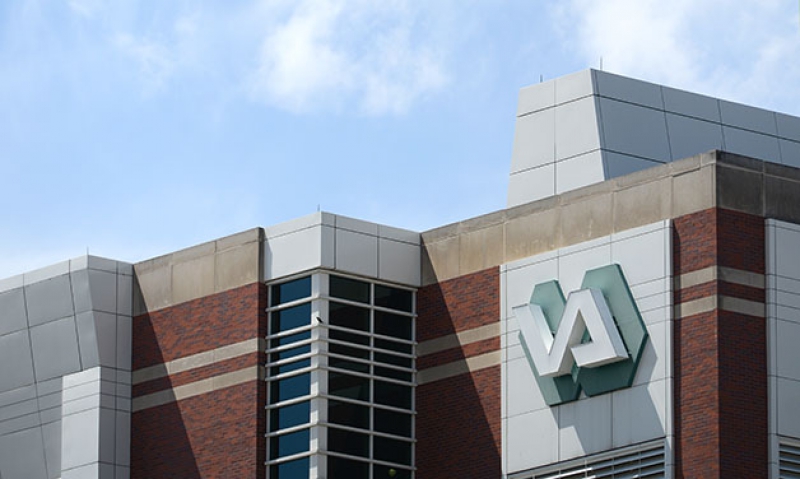
Legion survey finds flaws in Choice Card program
The American Legion recently contacted veterans and its own service officers across the country to gauge the success of the Department of Veterans Affairs Choice Card program. Feedback indicated serious problems with access and eligibility.
For instance:
- A woman veteran in Virginia tried to get private health care in her hometown using the Choice Card. After several phone calls in a two-month period, she was still trying. By the time VA contacted her to set up a Feb. 6 appointment with a private practitioner, she had already been seen by the VA on Jan. 20 – an appointment scheduled last November.
- At a town hall meeting in Yakima, Wash., a group of veterans complained about wait times for VA appointments to get their hearing aids fixed. Some said they had been waiting more than 90 days and - although private-sector medical service was available in their community - they were still waiting after they got their Choice Cards.
- An American Legion service officer in New York said that many veterans spoke with him about being denied eligibility for the Choice Card program. “To the best of my knowledge, none of them have been offered an opportunity to appeal the denial.”
- Another Legion service officer in Alabama said many issues raised by veterans were about the denial of Choice Card services. In each discussion, no mention was ever made of a VA appeal process that could challenge the denial.
These anecdotes were included in The American Legion’s written testimony submitted to the Senate Committee on Veterans’ Affairs for its March 24 hearing that examined the Choice Card program. Roscoe Butler, the Legion’s deputy director for health, testified before the committee.
So far, the Choice Card program has been underutilized since its rollout last November, with only 27,000 veterans making appointments. While VA wants to reallocate some of the program’s funding for other purposes, The American Legion believes such a move is “premature and short-sighted…. A better solution would be to examine the current flaws in the implementation of the system….”
In a March 24 press release, VA announced it had changed its 40-mile criteria for determining Choice Card eligibility. Veterans still need to be more than 40 miles from a VA facility to get the card, but the measure is now in actual driving miles and not “as the crow flies.”
While this change should help increase eligibility, it does not remove a glaring problem: if veterans live closer than 40 miles to a VA facility, they are not eligible for Choice Cards – even if the facility is unable to treat their particular medical conditions.
Butler told the committee that denying veterans access to care closer to home, “because there’s a VA facility that doesn’t offer the services they need, seems to be a problem of following the letter of the law, rather than the spirit of the law.
“If veterans are struggling to gain access to care – get them access to care. Common sense needs to prevail. Right now, these denials are only creating ill will in the veterans’ community.”
The American Legion noted that VA has a clearly defined appeals process in place for veterans who are denied Choice Card eligibility, but “whether the process is being clearly explained or implemented in the field is still in question.”
Read the Legion’s written testimony here.
